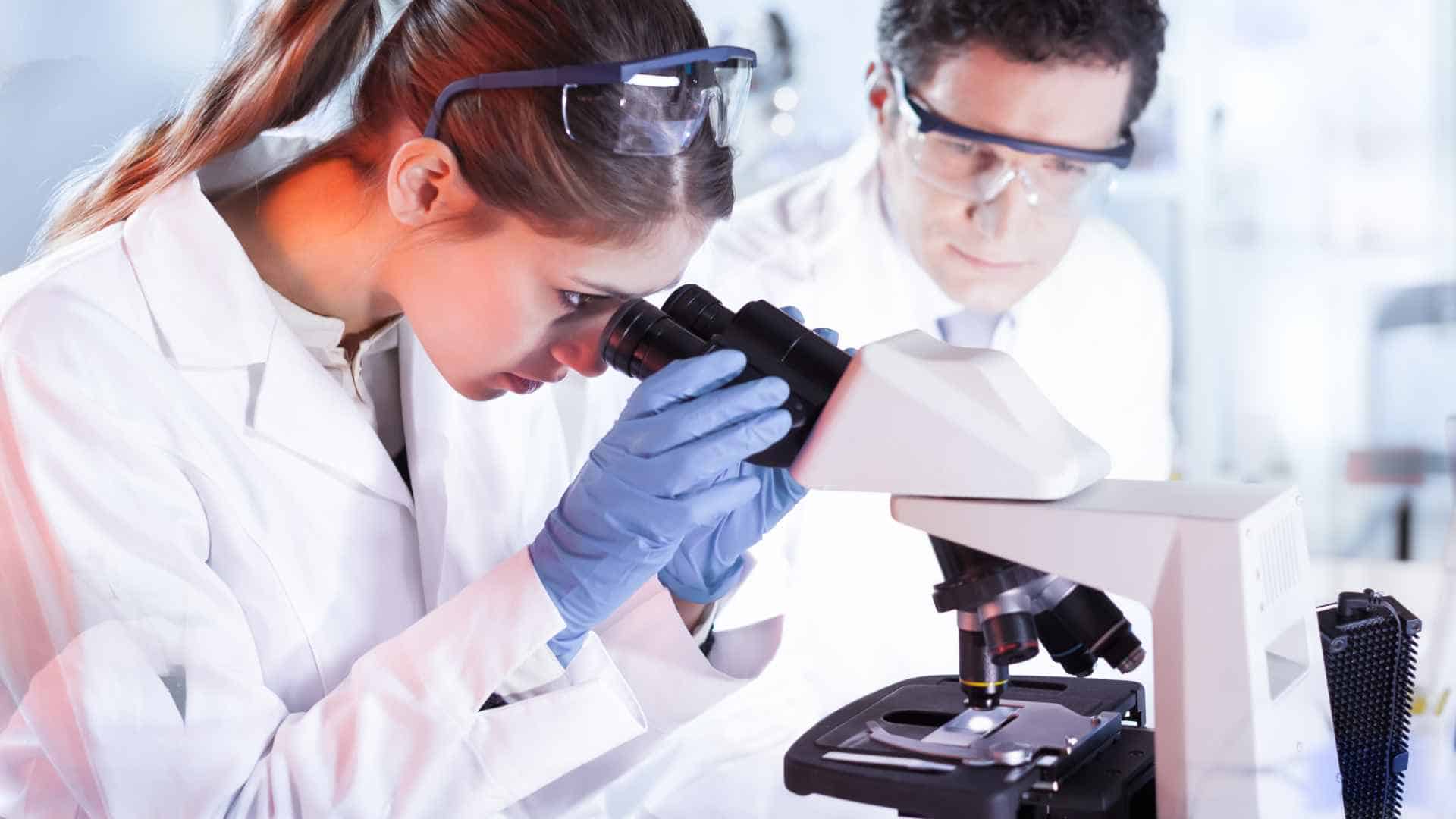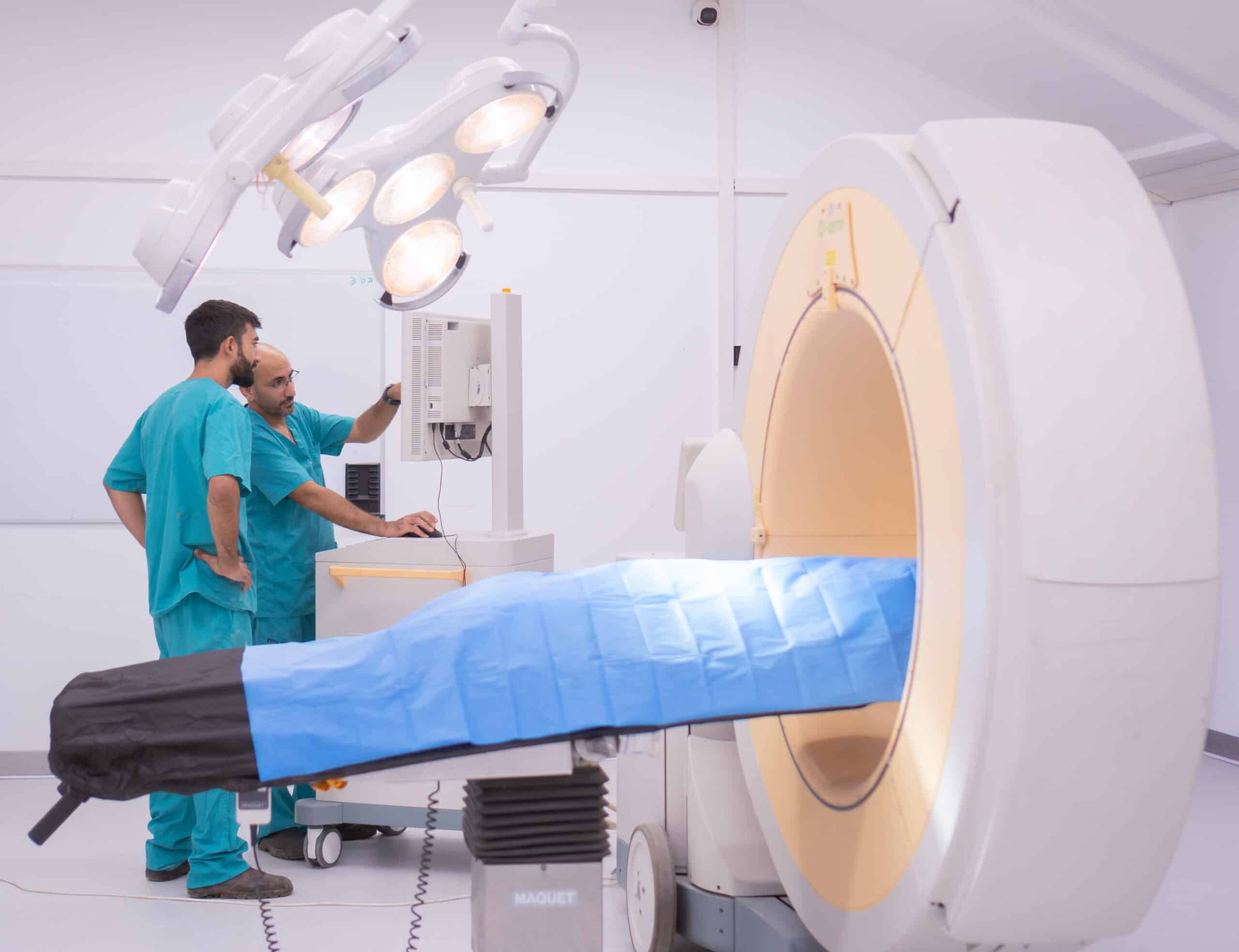In the dynamic world of drug development, preclinical Contract Research Organizations (CROs) are the unsung heroes behind the scenes. They’re pivotal in turning a scientific hypothesis into a potential medical breakthrough. By offering specialized expertise and resources, preclinical CROs enable pharmaceutical companies to navigate the complex journey from the lab bench to the clinic more efficiently.
At the heart of this process lies a meticulous blend of science and strategy. Preclinical CROs must balance innovation with regulatory compliance, ensuring that every step aligns with industry standards. They’re tasked with validating a compound’s safety and efficacy before it ever reaches human trials, a critical phase that sets the stage for clinical success or failure.
As the demand for new therapies rises, so does the reliance on these expert organizations. They’re not just service providers; they’re essential partners in a quest to cure and provide relief to millions. Preclinical CROs are the foundation upon which medical advancements are built, one discovery at a time.
The Role of Preclinical CROs in Drug Development
In the ever-evolving world of pharmaceutical research, preclinical CROs play a pivotal role. These organizations bridge the gap between early-stage discovery and clinical evaluation, offering a range of services crucial to the development of new drugs. By specializing in preclinical research, they equip biotech and pharmaceutical companies with the necessary tools and expertise to rigorously test compounds before advancing to human trials.
At the core of their function, preclinical CROs manage the rigorous assessment of drug safety and efficacy. This involves conducting a series of studies using in vitro (test tubes) and in vivo (living organisms) models, with a focus on large animal studies at facilities like Biotech Farm Ltd. These studies are essential to understand the pharmacodynamics and pharmacokinetics of new compounds, which elucidate how a drug affects the body and how the body processes the drug, respectively.
Specialized Expertise Offered by CROs
Biotech Farm Ltd., like other CROs, provides an environment perfectly suitable to accommodate large animals such as pigs, sheep, and calves. Their expertise is not limited to merely housing these animals; they extend to modeling complex disease states and evaluating medical devices. The most utilized models at Biotech Farm are intended for:
- Developing compounds for intra-venous and topical/dermal application
- Diabetes treatment
- Malfunctions of blood, heart, or circulation
- Medical devices aiding post-colon cancer surgeries
- Orthopedic medical devices and bone regeneration
- Wound healing
By offering these specialized services, preclinical CROs allow for a more seamless transition from laboratory research to the necessary regulatory approvals required for human testing. Without these crucial steps provided by CRO clinical research, the drug development process would face potential delays and increased risk of failure in later stages.
Preclinical CROs are not simply service providers. They’re seen as strategic partners in the drug development process, offering not just their facilities but also their scientific acumen. Figures like Adir Koreh, who established Biotech Farm after more than seven years in research management, underscore the level of experience and commitment these organizations bring to the complex journey of bringing a new drug to the market.
Importance of Specialized Expertise and Resources
The value of specialized expertise in preclinical CRO research is an undeniable cornerstone of drug development. Biotech Farm Ltd., with its experienced scientific team and well-equipped large animal facility, stands as a testament to this. The nuanced understanding of various disease models and the tailored approaches to drug and medical device testing distinguish these organizations from broader research entities. Their focused expertise is critical for designing and administering studies that yield reliable data, conducive to the progression of CRO clinical research.
With preclinical CROs like Biotech Farm Ltd., the development pipelines are bolstered by scientific rigor and innovative methodologies. They provide the resources necessary to conduct comprehensive in vivo studies. Biotech Farm, for instance, specializes in a variety of complex disease states, including diabetes and cardiovascular malfunctions. They also play a prominent role in the advancement of treatments and medical devices for post-colon cancer surgeries and bone regeneration. These capabilities underscore the pertinence of specialized preclinical CROs in addressing specific therapeutic areas.
It’s the combination of specialized resources and experienced personnel that enables preclinical CROs to deliver pivotal services. By providing access to a range of large animal models such as pigs, sheep, and calves, they ensure a critical aspect of drug development is comprehensively covered. Handling such models requires not just specialized facilities but also a team proficient in managing the intricacies of large animal care and study execution. These competencies allow for the generation of translational data that supports regulatory submissions and the eventual transition into human clinical trials.
Biotech Farm Ltd., under the guidance of Adir Koreh, illustrates how leadership steeped in experience can mold a CRO into a valuable partner in the drug development process. Investing in specialized preclinical research organizations like Biotech Farm is pivotal for companies aiming to navigate through the drug development maze efficiently and effectively, eventually accelerating the delivery of promising new therapies to the market.
Balancing Innovation and Compliance
In the rapid world of drug development, striking the right balance between innovation and compliance is a critical challenge for preclinical CROs. Biotech Farm Ltd. stands at the forefront of cro research, exploring the complex waters of regulatory requirements while fostering a culture of cutting-edge scientific exploration.
Innovation is the lifeblood of preclinical work; it’s about pushing boundaries and exploring new horizons in medical science. Biotech Farm exemplifies this through its advanced facility tailored for large animal studies, including pigs, sheep, and calves. The drive for innovation sees the facility focusing on developing compounds for intra-venous and topical/dermal applications, among other treatments.
But, the path of innovation can’t overshadow the stringent necessities of compliance. In cro clinical research, adherence to Good Clinical Practice (GCP) standards is non-negotiable. These regulations ensure that studies conducted by CROs meet the highest benchmarks of ethics, safety, and scientific validity. Biotech Farm Ltd. takes this responsibility seriously, integrating compliance into every stage of its work—from diabetes treatment models to orthopedic device testing.
Meticulous documentation, rigorous quality control measures, and ongoing staff training are fundamental to maintaining compliance without stifling innovation. The resulting environment at Biotech Farm ensures that while new medical solutions are being developed with creativity and passion, they’re also underpinned by a strong ethical foundation and respect for regulatory frameworks.
Adir Koreh’s expertise, gained from over seven years in research management, plays a crucial role at Biotech Farm. Under Koreh’s leadership, the organization doesn’t just meet the minimum standards; it surpasses them, merging preclinical CRO expertise with an unwavering commitment to compliance. The balancing act is a delicate one, but it’s within this interplay that breakthroughs are born and patient safety remains paramount.
Validating Safety and Efficacy in Preclinical Studies
In the area of drug development, validating safety and efficacy at the preclinical stage is paramount. It’s here where the foundation for clinical success is laid. Preclinical CROs like Biotech Farm Ltd play a critical role in this phase by offering sophisticated large animal models that closely mimic human physiology, thereby providing vital data before human trials can begin.
Specializing in large animals such as pigs, sheep, and calves, Biotech Farm offers an environment that is conducive for comprehensive cro clinical research. These species are chosen for their anatomical and physiological similarities to humans, making them excellent models for testing potential pharmaceuticals and medical devices. The facility prides itself on adhering not just to GCP standards but also on its capability to conduct rigorous pre-regulatory large animal studies and GCP validation studies.
Dedicated to Cro Research, the team at Biotech Farm, led by Adir Koreh with his extensive background, utilizes these animal models for a variety of purposes:
- Assessing intravenous and topical/dermal medications
- Innovating diabetes treatments
- Probing dysfunctions in blood, heart, or circulation
- Evaluating medical devices for post-colon cancer surgery support
- Advancing orthopedic devices and bone regeneration techniques
- Enhancing wound healing protocols
Their approach ensures that any Preclinical CRO work not only advances scientific knowledge but also directly supports the end goal of improving patient outcomes in the clinical setting. Biotech Farm’s contribution to the safe progression of drugs and medical devices from the laboratory bench to bedside is indicative of its position at the forefront of preclinical research. With each study, the team diligently collects and analyzes data to confirm the safety profiles and therapeutic potential of new medical innovations. This meticulous process aids in bridging the gap between early discovery and clinical application, underscoring the critical nature of their expertise in the drug development pipeline.
The Essential Role of Preclinical CROs in Medical Advancements
Preclinical Contract Research Organizations (CROs) are integral in the journey of medical innovations, transitioning from conceptual hypotheses to tangible treatments that enhance health outcomes. Biotech Farm Ltd., as a preclinical CRO, specializes in bridging this critical gap, utilizing a firm foundation in research to propel medical progress forward.
The services provided by preclinical CROs like Biotech Farm go beyond basic research and development; they encompass an extensive array of scientific inquiry and testing that is usually inaccessible without the specialized expertise these CROs offer. Biotech Farm’s repertoire of large animal models is instrumental in the early identification of potential therapeutic impacts and unwanted side effects. The pre-regulatory large animal studies they conduct are an essential stepping-stone before human clinical trials can begin.
CRO clinical research emphasizes the replication of human physiology and disease conditions as closely as possible, and Biotech Farm’s selection of pigs, sheep, and calves caters to this need. They array:
- Compounds for intravenous and topical/dermal application
- Diabetes treatments
- Blood, heart, or circulation malfunctions
- Colon cancer surgery-assisting medical devices
- Orthopedic devices and bone regeneration
- Wound healing
Here’s a snapshot of the prevalent models used at Biotech Farm:
| Animal Model | Application Field |
| Pigs | Cardiovascular, Diabetes |
| Sheep | Orthopedics, Wound Healing |
| Calves | Circulation Malfunctions |
The incorporation of GCP validation studies reinforces the reliability of the research outcomes. Under Adir Koreh’s leadership, Biotech Farm ensures that studies are not only innovative but also meet the standards set by regulatory bodies. The overlapping objectives of adhering to compliance while driving innovation positions Biotech Farm at the forefront of preclinical research.
In the area of cro research, preclinical CROs like Biotech Farm serve as pivotal contributors to the advancement of medical science. By fostering the development of new drugs and devices in preclinical settings, they play a crucial role in determining the safety and effectiveness of medical interventions before they reach human trials. Their ability to anticipate the complexities of human medicine and generate thorough preclinical data is what eventually facilitates smoother transitions into the clinical stages of drug and device development.
Conclusion
Preclinical CROs are indispensable in the area of medical research and development. Organizations like Biotech Farm Ltd. exemplify the industry’s commitment to innovation and adherence to stringent regulatory standards. Through the use of large animal models and compliance with GCP, they ensure that new medical interventions are both safe and effective before proceeding to human clinical trials. The work done at this stage is critical for a seamless transition into later phases of development, eventually contributing to the advancement of healthcare and the introduction of groundbreaking treatments.





